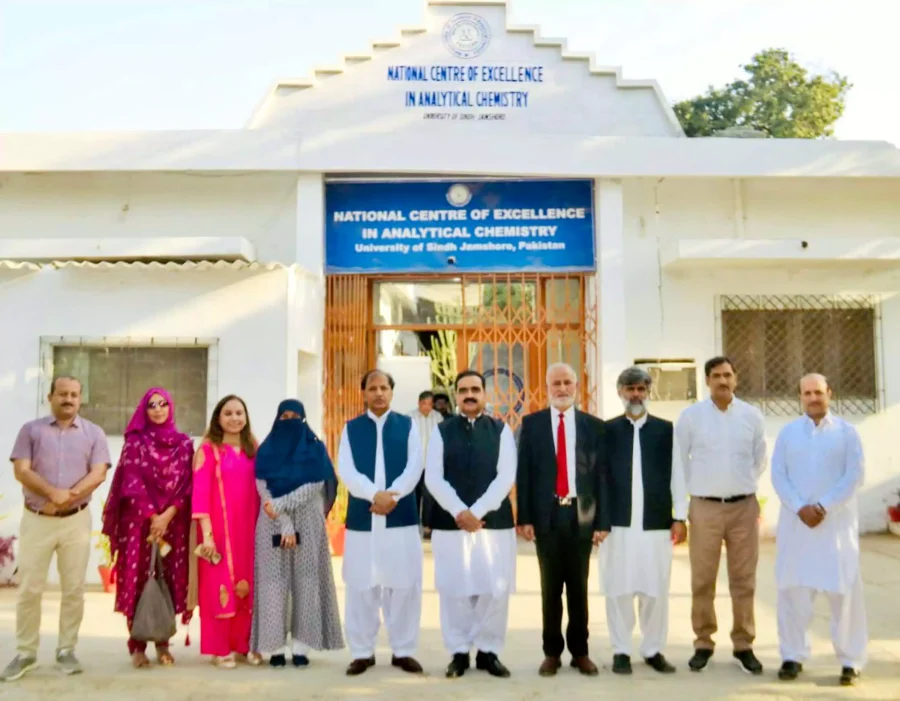The SITE Association of Industry (SAI), representing Pakistan’s largest and most diverse industrial base, has called on the government to halt deindustrialization and promote reindustrialization. Highlighting the crucial role of the industrial sector, which contributes 20-22% to the GDP and bears over 50% of the national tax burden, SAI President Kamran Arbi warned against policies that could harm this vital sector.
In its budget proposals to key government officials, including the Prime Minister, Finance Minister, Governor of SBP, and Chairman of FBR, SAI emphasized the need to avoid “killing the goose that lays the golden eggs.” Arbi stressed the importance of broadening the tax base by including untaxed and undertaxed sectors rather than overburdening the industrial sector. SAI’s proposals encompass four key policy areas: fiscal, monetary, trade, and energy. The eight main recommendations include: Lower both direct and indirect taxes on industries. Reduce taxes on corporate earnings, dividends, and salaried individuals. Eliminate unnecessary import restrictions on industrial inputs.
Implement a single, cascaded rate for import tariffs and remove additional regulatory duties. To establish a predictable foreign exchange regime with 12-month cover for imports and exports. Revise policies to lower electricity and gas tariffs for industries. Gradually reduce policy rates to stimulate industrial and economic growth. Lower lending rates for industrial projects and exports to single digits.










